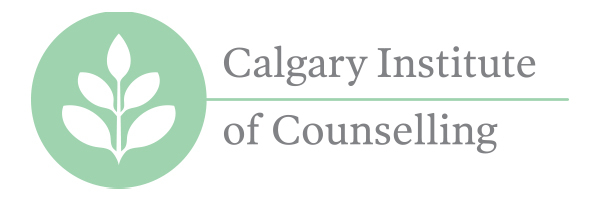Psychoeducational Assessment
Psychoeducational assessments play a crucial role in providing valuable information and insights to individuals, families, and professionals involved in mental health and well-being. These assessments typically involve gathering data through various means, such as interviews, questionnaires, and standardized tests, to evaluate an individual’s knowledge, understanding, and skills related to a specific mental health topic or condition.
By conducting Psychoeducational assessments at the Calgary Institute of Counselling, we provide valuable information to clients and their families, helping them better understand their mental health, identify areas for growth, and develop effective strategies for managing their well-being.
A psychoeducational assessment typically includes a comprehensive evaluation of an individual’s cognitive abilities, academic skills, and socio-emotional functioning.
The specific components of the assessment may vary depending on the purpose and scope of the evaluation, as well as the age and needs of the individual being assessed. Here are some common elements that may be included:
1. Cognitive Assessment: This assesses an individual’s intellectual abilities and cognitive functioning. It often involves standardized tests that measure different cognitive domains, such as verbal comprehension, perceptual reasoning, working memory, and processing speed.
2. Academic Assessment: This evaluates an individual’s academic skills and achievement levels in areas such as reading, writing, math, and oral language. It may involve standardized tests, observations, and analysis of schoolwork or samples of academic tasks.
3. Social-Emotional Assessment: This examines an individual’s social and emotional functioning, including their interpersonal skills, behavior, and emotional well-being. It may involve interviews, questionnaires, rating scales, and behavioral observations.
4. Adaptive Functioning Assessment: This assesses an individual’s adaptive skills, which are the practical everyday life skills necessary for independent functioning. It may cover areas such as communication, self-care, socialization, and problem-solving.
5. Behavioral Assessment: This focuses on identifying specific behaviors, such as attention difficulties, hyperactivity, impulsivity, or emotional regulation challenges. It may involve checklists, rating scales, interviews, and direct observations.
6. History and Background Information: Gathering relevant background information is essential, including medical history, developmental history, educational history, and family history. This information helps provide a comprehensive understanding of the individual being assessed.
7. Feedback and Recommendations: After the assessment, a detailed report is typically generated, summarizing the findings and recommendations. This includes suggestions for interventions, accommodations, and support strategies to address the individual’s needs and optimize their functioning.
Please get in touch with us to set up an initial free 20-minute phone consultation to understand if your child requires a Psychoeducational Assessment.
